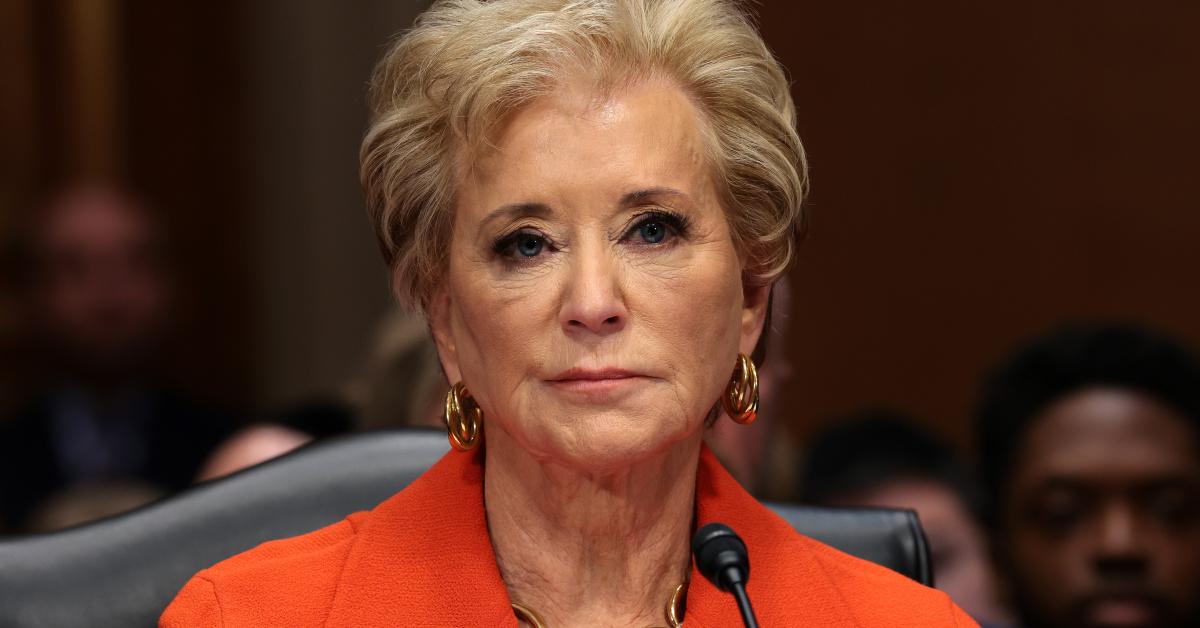Donald Trump is gearing up to declare an energy emergency as he steps into his second term as President. This move is set to unravel many of the energy policies implemented during the Biden administration. With a vision for “energy dominance,” Trump seems poised to boost oil and gas activities on federally-controlled lands, scrap climate regulations from the previous era, and change the current systems for generating and transmitting electricity. These potential actions reflect a significant shift in focus from climate change to energy independence.
Give Me News Podcast
One of Trump’s immediate plans includes lifting the freeze on liquefied natural gas (LNG) exports. He also aims to reverse the ban on future oil and gas drilling across vast expanses of federally-controlled waters. Declaring an energy emergency would fulfill a promise he made during his campaign and pivot U.S. policy away from the Biden administration’s climate-centric approach.
An emergency declaration could grant Trump access to around 150 special powers usually reserved for crises like terrorist attacks and natural disasters. This could mean a rapid roll-out of policies to bolster energy production, which proponents argue will lead to affordable and reliable energy for millions of Americans. Critics of Biden’s policies have pointed to regulations on fuel economy and vehicle emissions as effectively pushing for an electric vehicle mandate. Under Trump, these are expected to be reassessed.
Daniel Turner, president and CEO of Power the Future, expressed optimism about Trump’s plans. He noted that energy workers are ready to ramp up production, emphasizing the need for immediate action to correct what he perceives as the failures of the past four years.
Beyond energy, Trump is anticipated to take swift action on several other policy fronts. Among these are measures to tighten immigration controls and cut back on telework for federal employees. His first few days in office could see a flurry of such activities, marking a decisive return to his administration’s core policies.
This renewed focus on traditional energy sources and deregulation aligns with Trump’s broader ideological stance. It suggests a prioritization of economic growth and energy independence over the environmental policies that characterized the previous administration.
Trump’s approach has been described by supporters as a necessary step to ensure energy security and economic stability. They argue that with the right policies, America’s energy sector can thrive, providing jobs and keeping energy prices low for consumers.
The potential impacts of these policies are significant. Opening up federal lands to more oil and gas exploration could lead to increased domestic production, potentially reducing reliance on foreign energy sources. This move is likely to be welcomed by industries and workers who see it as a boon for economic activity.
However, the shift may face opposition from environmental groups and those concerned about the long-term impacts of fossil fuel reliance. The balance between economic growth and environmental stewardship will be a key point of contention.
For Trump, the path to energy independence is clear: leveraging America’s vast natural resources to secure the nation’s energy future. This vision stands in contrast to the climate-focused strategies of the past, positioning energy as a central pillar of his administration’s agenda.
Supporters of Trump’s plans highlight the benefits of deregulation, arguing that less government intervention can lead to innovation and efficiency in the energy sector. They see this as a chance to revitalize industries that have faced challenges under stringent regulations.
Critics, however, are likely to raise concerns about the environmental impact and the potential rollback of progress made on climate change. The debate over energy policy will continue to be a significant issue in American politics.
As Trump prepares to take office, the nation waits to see how these plans will unfold. The energy sector, in particular, will be watching closely as new policies are introduced and implemented.
The broader implications of Trump’s return to office extend beyond energy. His approach to governance, characterized by bold actions and a willingness to challenge established norms, will shape the political landscape in the coming years.
With his focus on energy independence and economic growth, Trump’s presidency is set to bring about significant changes. These developments will be closely monitored by both supporters and critics as the country navigates the complexities of energy policy and its impact on the nation.




America car manufacturers start building what the American people want real cars real engines to pull trailers. These glorified golf cart cars aren’t what the majority of Americans want it’s fine for some people but most people want gas and diesel vehicles. Anyone who has a battery operated anything knows batteries go dead sooner than later. And the cost of any size battery is ridiculous priced. Batteries are becoming more obsolete than ever before. The expensive of batteries is insane not cost effective anymore. And they can’t be recycled